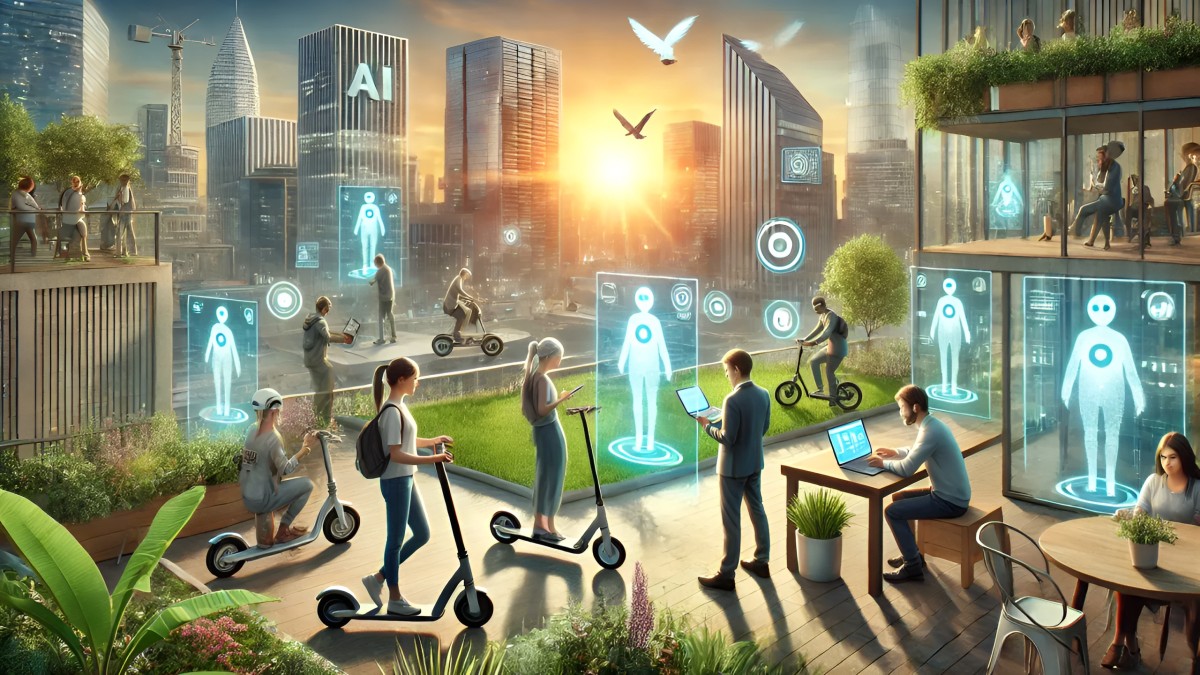Introduction
The landscape of work has undergone a profound transformation in recent years, with remote jobs emerging as a significant force in the global economy. What was once considered a temporary shift has now become a permanent fixture in the way businesses operate and individuals engage with their careers. This article delves into the factors driving the rise of remote work, its impact on various sectors, and the implications for the future of the global workforce.
Also Read:Cloudburst in Dehradun: What It Reveals About Rising Climate Risks
The Rise of Remote Work
Remote work, also known as telecommuting or flexible work, refers to a working style that allows professionals to perform their job duties from locations outside of a traditional office environment. The COVID-19 pandemic acted as a catalyst, accelerating the adoption of remote work across industries worldwide. However, even as the pandemic subsides, many organizations have recognized the benefits of remote work and have made it a permanent option for their employees.
Key Drivers of Remote Work Adoption:
- Technological Advancements: The proliferation of high-speed internet, cloud computing, and collaboration tools has made remote work more feasible and efficient than ever before.
- Employee Preferences: Many workers now prioritize work-life balance and flexibility, leading them to seek employers who offer remote or hybrid work options.
- Cost Savings: Companies can reduce overhead costs associated with maintaining physical office spaces by embracing remote work models.
- Global Talent Pool: Remote work enables organizations to tap into a diverse and global talent pool, allowing them to recruit the best candidates regardless of geographic location.
Impact on the Global Economy
The widespread adoption of remote work has far-reaching implications for the global economy. Some of the most notable impacts include:
Also Read : Nitin Gadkari Major Warning After Operation Sindoor: ‘World War III Could Erupt Anytime
1. Decentralization of Workforces
Remote work has led to the decentralization of workforces, with employees spread across various regions and countries. This shift has implications for local economies, as businesses are no longer confined to urban centers and can operate in smaller towns or rural areas.
2. Economic Opportunities for Emerging Markets
Emerging markets have gained access to global job opportunities through remote work. Professionals in countries with developing economies can now collaborate with international companies, leading to increased income levels and economic development.
3. Changes in Commercial Real Estate
The demand for commercial real estate has been affected by the rise of remote work. Companies are reassessing their need for large office spaces, leading to a potential decline in demand and a shift towards hybrid workspaces that accommodate both in-office and remote employees.
4. Shift in Consumer Spending Patterns
With more individuals working from home, there has been a change in consumer spending patterns. Increased spending on home office equipment, technology, and home improvement projects has been observed, influencing various industries.
Challenges and Considerations
While remote work offers numerous benefits, it also presents challenges that organizations and employees must navigate:
- Communication and Collaboration: Maintaining effective communication and collaboration among remote teams can be challenging, requiring the use of advanced tools and strategies.
- Cybersecurity Risks: The increase in remote work has expanded the potential attack surface for cyber threats, necessitating robust cybersecurity measures.
- Work-Life Balance: The blurring of boundaries between work and personal life can lead to burnout if not managed properly.
- Access to Technology: Not all employees have equal access to the technology and resources needed for remote work, potentially leading to disparities.
The Future Outlook
Looking ahead, remote work is expected to continue evolving. Hybrid work models, which combine remote and in-office work, are gaining popularity as they offer flexibility while maintaining some level of in-person interaction. Additionally, advancements in virtual reality (VR) and augmented reality (AR) technologies may further enhance remote work experiences, making virtual collaboration more immersive.
Organizations will need to adapt their policies and infrastructure to support remote work effectively. This includes investing in technology, fostering a culture of trust and accountability, and providing training and support for employees.
Conclusion
Remote jobs are no longer a passing trend but a fundamental shift in the global economy. As businesses and employees continue to embrace this new way of working, it is essential to address the challenges and leverage the opportunities that come with it. By doing so, remote work can contribute to a more inclusive, flexible, and resilient global economy.
Also Read:Cloudburst in Dehradun: What It Reveals About Rising Climate Risks











